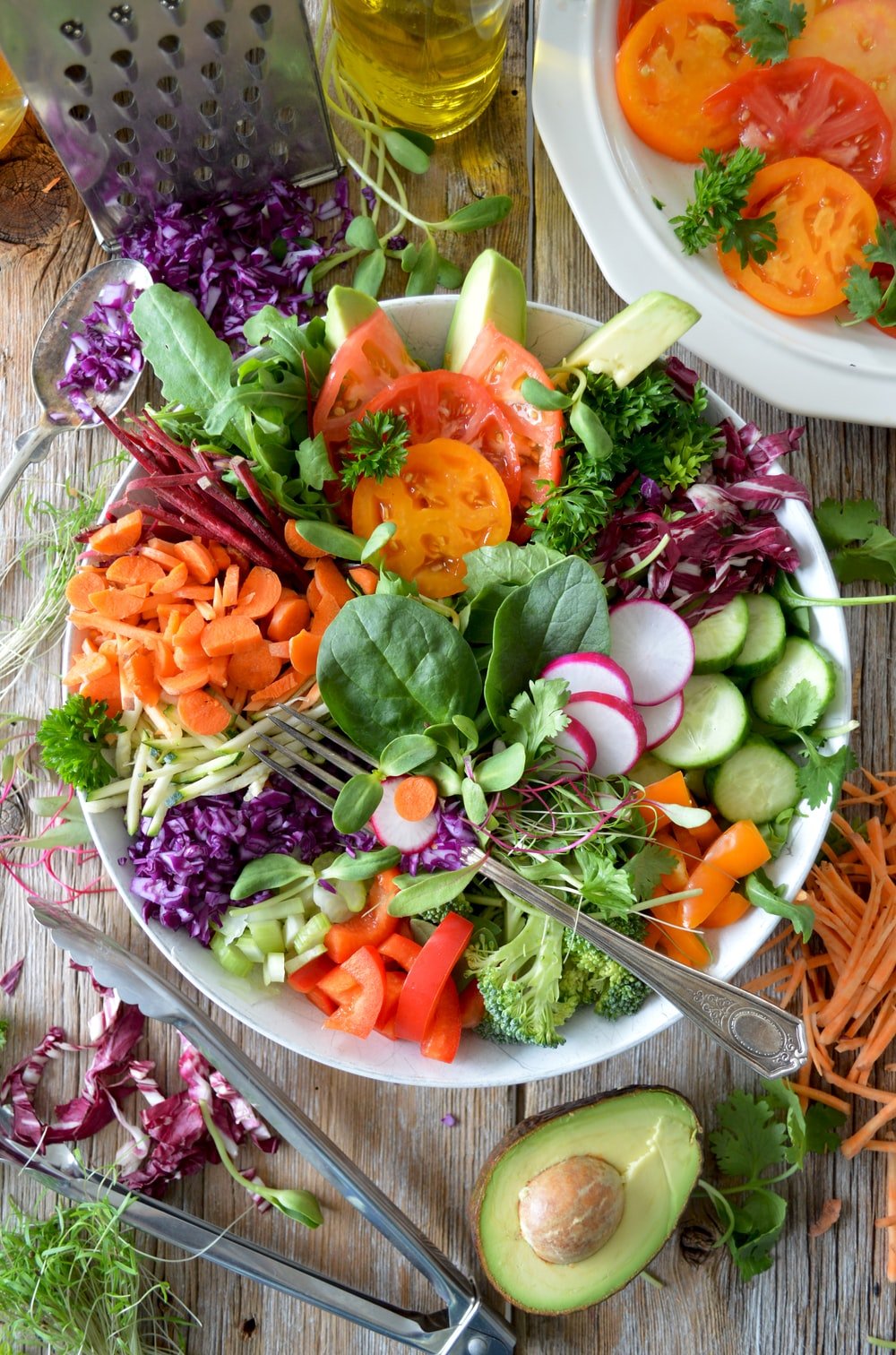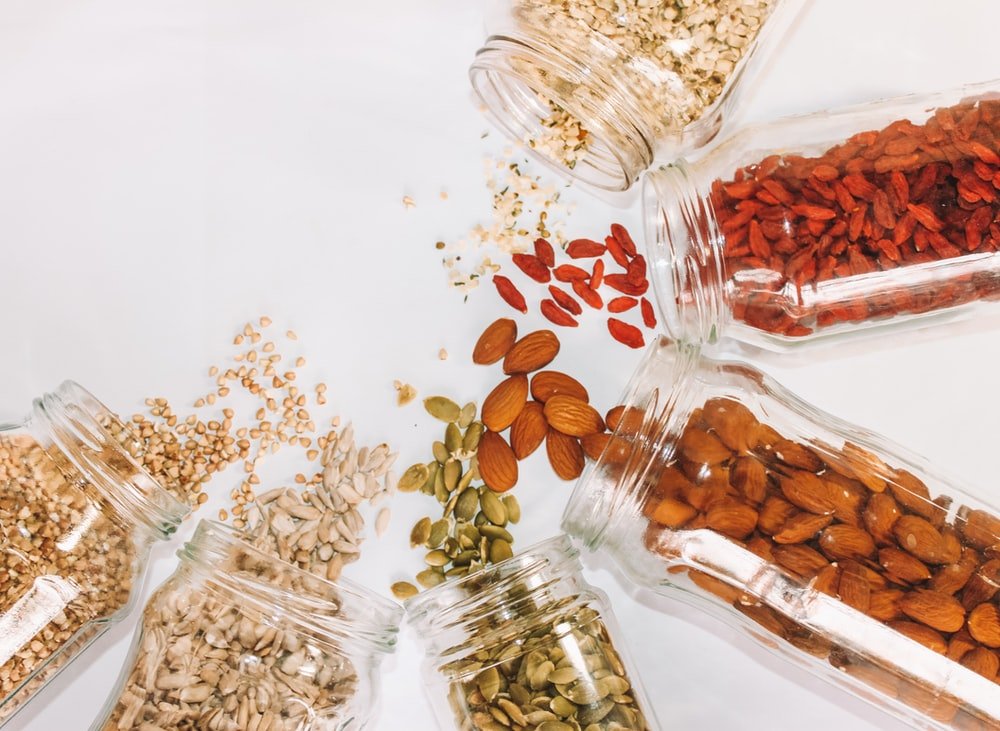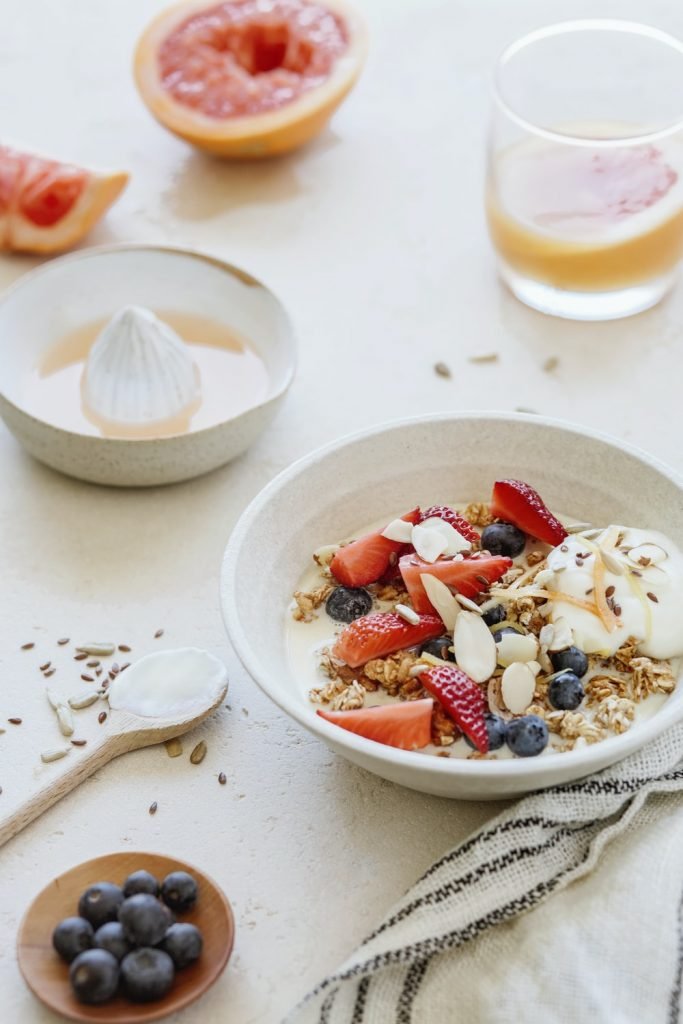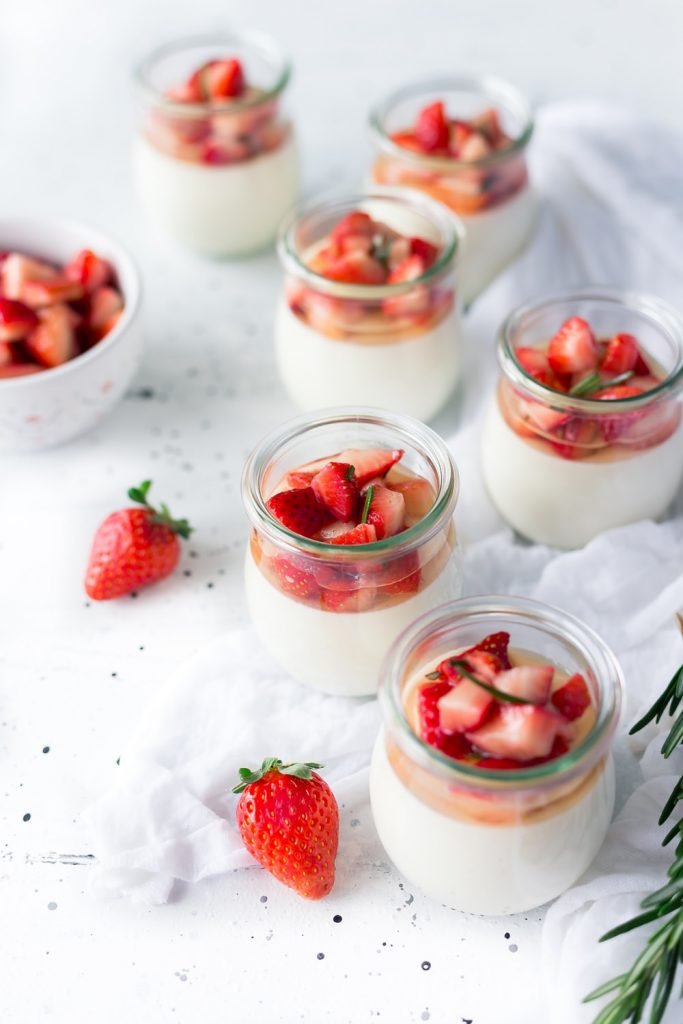
Gut Health, Tips for improving It
Gut health is an important aspect you need to look upon. Live fermented foods are a natural probiotic to eat or drink, and studies have indicated that probiotics can help restore gut bacteria to healthy levels that protect against inflammation. All the above-mentioned probiotics thrive in the gut, as do probiotics, many of which are indispensable for healthy gut health and a healthy immune system.
WHERE TO START?
These are just some foods you can append to your diet to promote your gut health. However, the Western diet is full of food that promotes healthy gut flora, such as fruits, vegetables, nuts, seeds, and whole grains.

Eating lots of fruit, vegetables and a variety of cereals creates a joyful and healthy microbial in your gut. The microfilm that lives in the gut is a collection of microorganisms that play a crucial role in digestion, mood, and life.
To maintain a beneficial balance of these microorganisms, you should start with a healthy diet that includes fruits, vegetables, cereals, whole grains, and beans, which are rich in fiber.
GOOD GUT HEALTH, HOW DOES IT WORK?
Studies have shown that taking probiotics can make a major contribution to supporting a healthy gut microbiome and prevent intestinal inflammation. Foods that can significantly improve gut health include fruits, vegetables, cereals, whole grains, nuts, seeds, fermented vegetables, and legumes.

Probiotics have been shown to help the gut microbiome repair itself. The body has the ability to grow bad bacteria and replace them with useful ones by simply eating foods that consist of probiotics.
Natural healing can also be achieved by using clinically proven ingredients such as probiotics, prebiotics, and digestive enzymes. Daily Digestive Essentials is a great way to work with the gut to improve its overall health with steady use.
We tend to utilize the words “improve” and “restore” interchangeably when we refer to gut health, but there is actually a big difference between the two. People want to talk about probiotics and more fiber, and while both are still important components of gut health, they don’t do much for gut health. Dehydration stops the fiber from doing its job properly and can lead to constipation. When you are dehydrated, you also dry out yourself, which should not be overlooked and is still an important part of gut health.
DRINK LOTS OF WATER!
Dehydration impairs intestinal regulation, impairs cognition, causes drowsiness and energy deficiency, increases hunger, and promotes overeating. Dehydration causes nausea and vomiting, increases blood pressure, impairs digestion, impairs cognition, and causes diarrhea and constipation.
Once you are adequately hydrated, make sure you eat high-fiber fruits and vegetables. Exercise plays a major role in gut health and regularity. A healthy diet with fiber-rich, unprocessed foods such as fruits, vegetables, nuts, and seeds – gives your gut the right kind of bacteria to grow. Dietary fiber foods give bacteria the nutrients they need to grow while eating foods like rice with probiotics like yogurt or kefir helps to add live microorganisms that the gut needs to stay healthy. Add many plants to your diet, especially those with high fiber content such as beans, lentils, peas, and nuts.
A hallmark of a healthy gut is a balanced gut microbiome, and the omega-3 fatty acids found in oily fish such as salmon have been shown to correlate with greater gut microbial diversity. Even adding a portion of fish can help your gut bacteria thrive, so eat more whole foods and opt for a portion of high-quality whole food that contains low carbohydrates.
Probiotic supplements can help gut health by adding beneficial bacteria to your gut microbiome. Studies have shown that probiotics can help repair gut bacteria at healthy levels that guard the body against inflammation. Live fermented foods are a natural probiotic that you can not only eat but drink, and it is a great source of vitamins and minerals.
START EATING NUTRITIOUS FOOD RIGHT AWAY!
Eating unhealthy gut flora can affect your health by reducing your gut bacteria and increasing the risk of heart disease, diabetes, high blood pressure, and other health problems.
You can easily incorporate intestinal flora – and incorporate enzymes such as those found in the labeled probiotics into your diet. To get this probiotic, eat fruits, vegetables, nuts, seeds, legumes, and whole grains, as well as fruits and vegetables with high fiber content.

Probiotics are also found in fermented dairy products such as milk, yogurt, and yogurt paste, as well as dairy products such as yogurt, cheese, and dairy products. Here are some delicious recipes you can make out of dairy products.
It is important to include probiotics in your daily diet particularly if you eat fresh fruits and vegetables, many of which are sources of probiotics. One of the things you may have heard about in the digestive tract literature is that increased fiber is of the utmost importance to keep your digestive tract running smoothly. Like grains, nuts are full of fiber and help to improve your gut bacteria.
IN SHORT
Never take your gut health lightly as it is a powerhouse to millions and millions of bacterias that work hard for your well being. Even a little imbalance to it can bring a huge difference to your lifestyle.
Just by adding a few effective changes to your daily life like adding cardio to your day-to-day time, maintaining a fit diet by including lots of fiber, dairy products, etc. Just remember one thing that your health and well-being are in your hands. One step at a time… Good luck!
For more such articles, click here!









Recent Comments